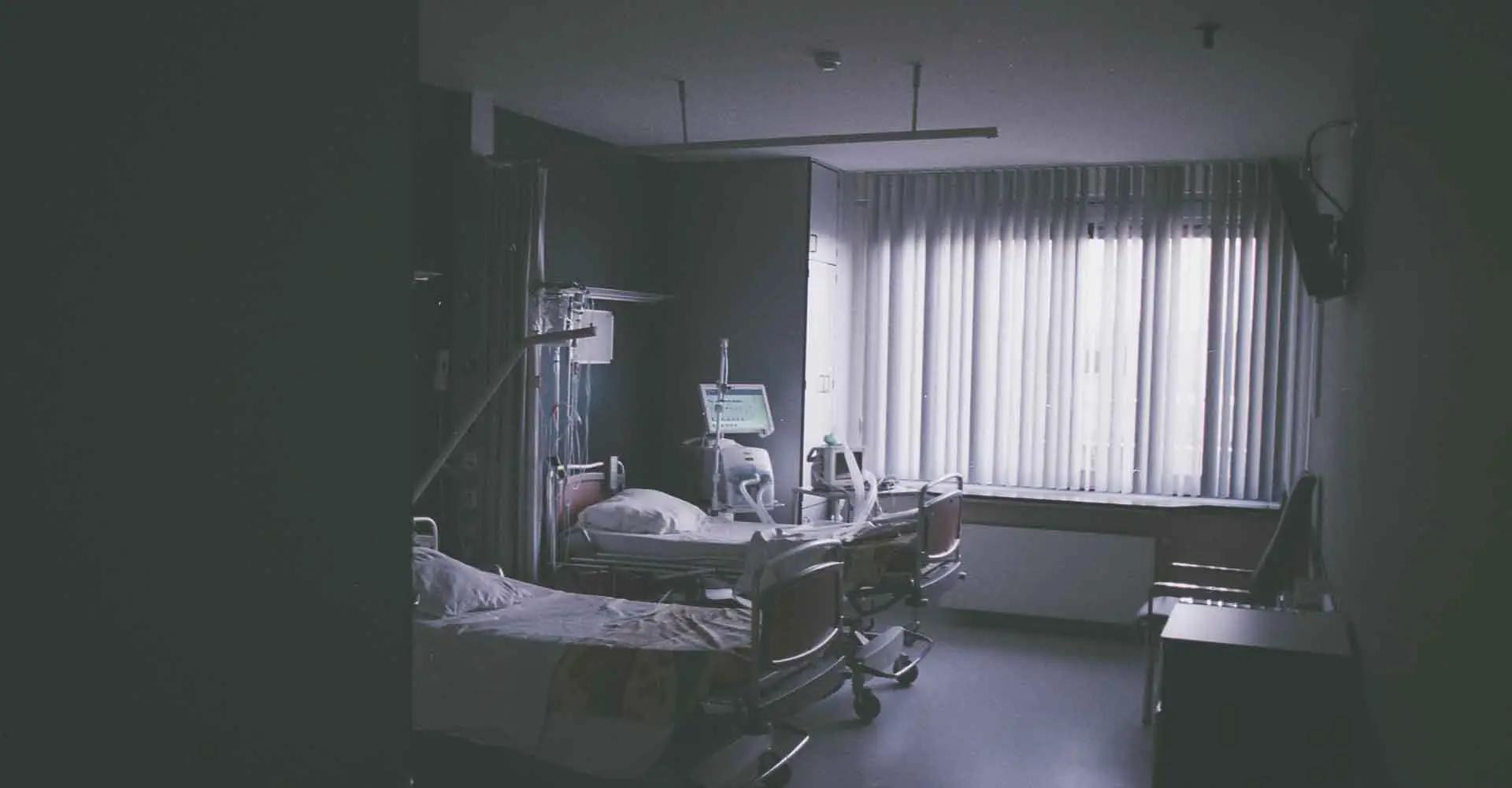
Minimally Invasive Hernia Repair
Minimally Invasive Hernia Repair
What is minimally invasive hernia repair?
In minimally invasive hernia repair, the surgeon uses a laparoscope to see inside your abdomen during the procedure. He or she will make three small incisions on the outside of your abdomen – one for the laparoscope and two for the instruments. While you are under anesthesia, the surgeon uses special tools to push the hernia back, and a piece of mesh is applied to hold the hernia in place. This procedure can prevent a hernia from reoccurring in the same location. Multiple hernias may be repaired using the same three initial incisions.
What are the different types of hernias?
- Umbilical – occurs when intestine, fat or fluid pushes through a weak spot in the belly. This causes a bulge near the belly button.
- Inguinal – occurs in the groin area when fatty or intestinal tissues push through the inguinal canal. The inguinal canal is located at the base of the abdomen.
- Ventral – a bulge through an opening in the muscles of the abdomen. This commonly occurs at the site of a surgical scar or at the navel.

What is the recovery time for a minimally invasive hernia repair?
Recovering from a ventral hernia repair usually takes longer than recovering from an inguinal hernia repair, but by using the minimally invasive technique, most patients can go home the same day they had surgery. Occasionally a surgeon will require a patient to stay overnight in the hospital. Before you are discharged, your surgeon will let you know when you can resume your normal daily activities; it depends on what type of hernia you have and how severe the case.
How do I prepare for this type of surgery?
- Ask your doctor whether you should temporarily discontinue taking blood thinners and aspirin and how soon prior to surgery this should occur.
- Discontinue taking Vitamin E and St. John’s Wort a week before surgery.
- If you have a heart condition, be sure to tell your surgeon and the pre-admission nurses at Treasure Valley Hospital.
- Do not eat anything after midnight the day before surgery.
- Shower or bathe the morning of your surgery according to directions given at your pre-admission appointment.
- Do not shave the abdominal or groin area prior to arriving at the hospital for surgery.
- Arrange ahead of time for a family member or friend to drive you home from the hospital after surgery.
This information is not intended to replace the advice of your doctor.
